- All posts
- 2020
- activewear
- adidas
- algae blooms
- autism
- bees
- body temperature
- boxer briefs
- BPA
- breathable fabric
- Brycen Tremayne
- burberry
- Cancer
- chemicals
- Climate Change
- college athletes
- comfort
- cotton
- cotton underwear
- Doctor
- Dudefluencer
- edc
- Endocrine Disrupting Chemicals
- environmental impact
- EPA
- fabric dyeing
- Fashion
- fast fashion
- fertility
- fertility crisis
- Florida
- Forbes
- Forever Chemicals
- Formaldehyde
- frequency
- Future of clothing
- GOTS
- GOTS certified
- Greenwashing
- heat generation
- history of cotton
- hormone
- hormone disruption
- industrial waste
- Is polyester toxic?
- Joseph Yerkovich
- Lifestyle Shirt
- Low Sperm Counts
- lung cancer
- lungs
- Marc Richard
- men's clothing
- men's cotton boxer Briefs
- Men's organic cotton boxer briefs
- men's organic cotton underwear
- men's organic underwear
- men's underwear
- Microfiber Pollution
- microplastic
- Mike Richard
- moisture wicking
- natural materials
- Nil
- non toxic living
- nontoxicliving
- opok
- Organic
- organic activewear
- Organic boxer briefs
- organic boxers
- Organic clothing
- organic cotton
- organic cotton t-shirts
- organic cotton underwear
- Organic cotton vs polyester
- Organic food
- organic hoodie
- Organic men's boxer briefs
- Organic men's clothing
- organic men's underwear
- Organic Performance
- organic performance clothing
- Organic Shirt
- organic shirts
- organic sweatshirt
- organic t-shirts
- Organic tee
- Organic underwear
- Organic Workout Shirt
- organic workout shirts
- Paris climate Accord
- Performance Shirt
- pesticide
- Pesticides
- petrochemical
- pfa
- PFAS
- Phthalantes
- Plastic clothing
- Podcast
- polyester
- Polyester Underwear
- recycle
- recycled plastic bottles
- recycled plastic clothing
- rpet
- Runoff
- sleep quality
- sperm
- sperm count
- Stanford
- Stanford Football
- Stanford University
- sustainable clothing
- sustainable cotton initiative
- sustainable development goals
- sustainable fashion
- Sustainable men’s clothing
- Synthetic chemicals
- synthetic clothing
- synthetic pesticide
- teflon
- timberland
- Toxic Chemicals
- Toxic clothing
- toxic dyes
- toxic materials
- toxic runoff
- toxic threads
- toxins
- Trump
- underwear
- water polo
- Water Proof Clothing
- White house
- Wolf Wigo
- Workout Clothing
- year in review
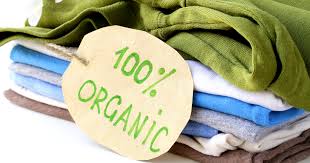
The future of organic clothing: A sustainable and ethical revolution
The organic clothing industry is on the rise, and for good reason. As consumers become increasingly aware of the environmental and social impacts of their purchasing decisions, they are seeking out...
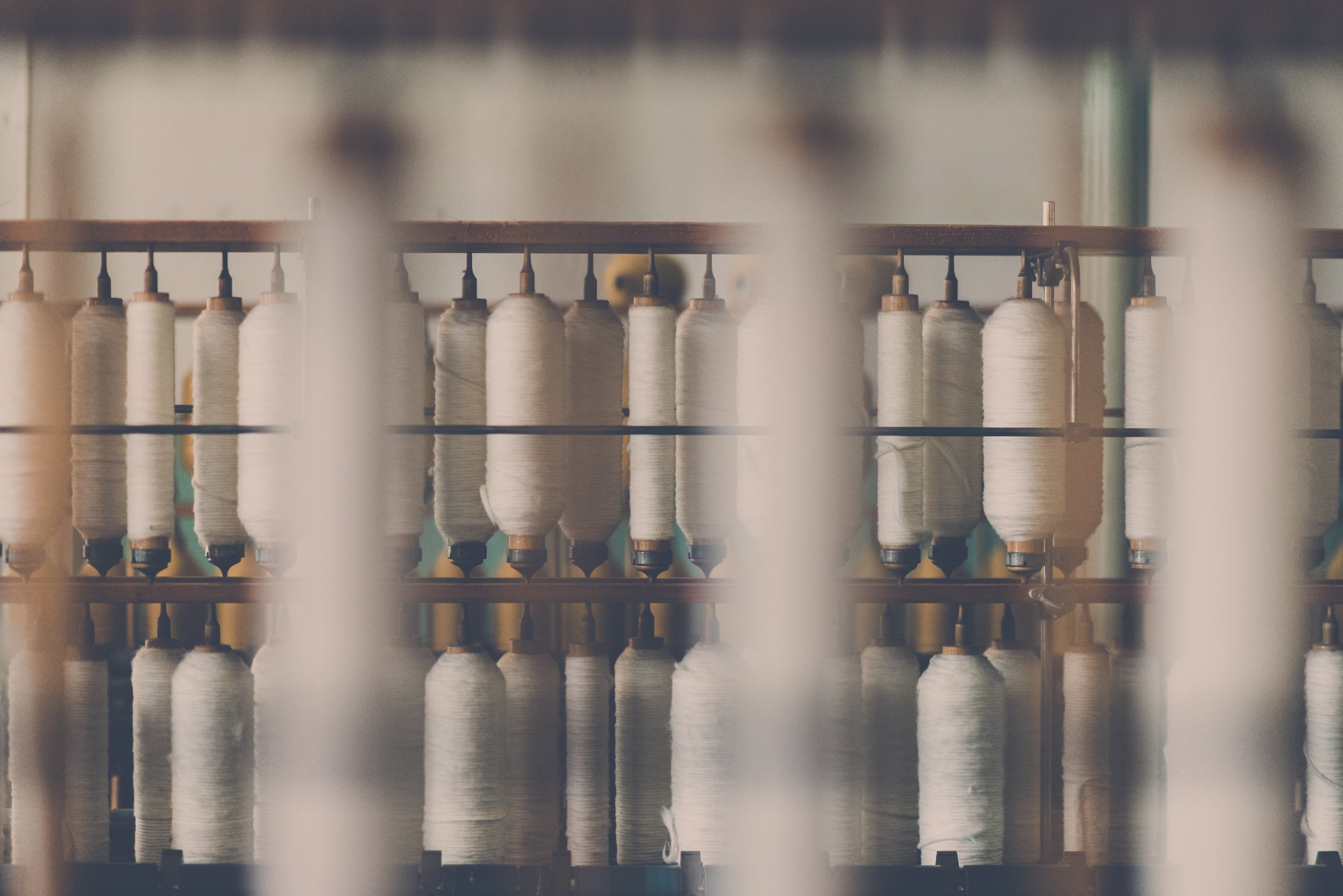
How to Support Sustainable Fashion Brands in 2024
In 2024, the fashion industry is at a crossroads. With growing awareness of environmental issues, more consumers are looking for ways to support sustainable fashion brands that prioritize ethical p...
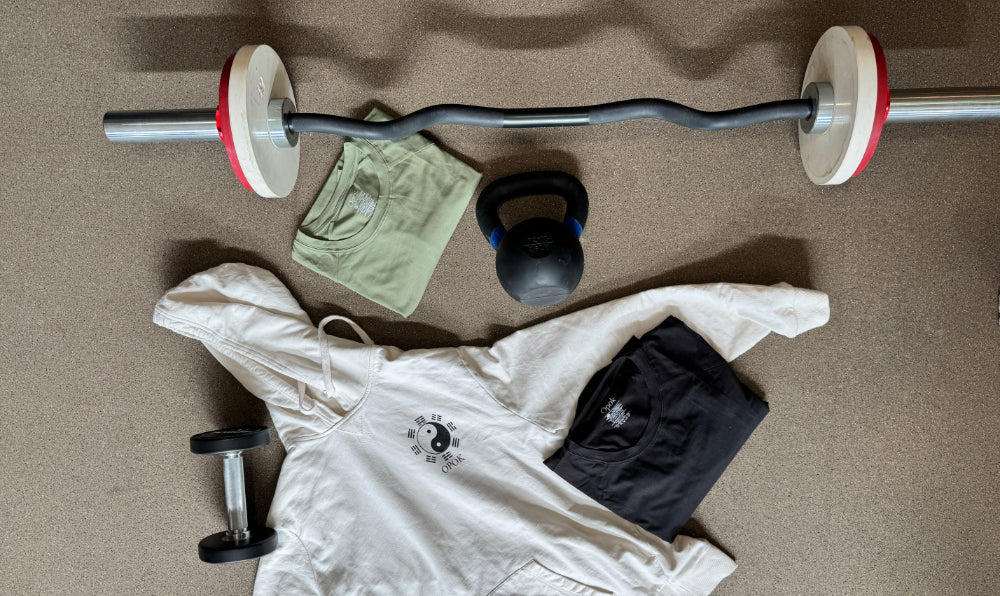
Upgrade Your Wardrobe: The Best Organic Basics for Comfort & Sustainability
In a world where fast fashion dominates, making the switch to organic men’s clothing is a game-changer. It’s not just about style—it’s about sustainability, comfort, and making a conscious choice f...
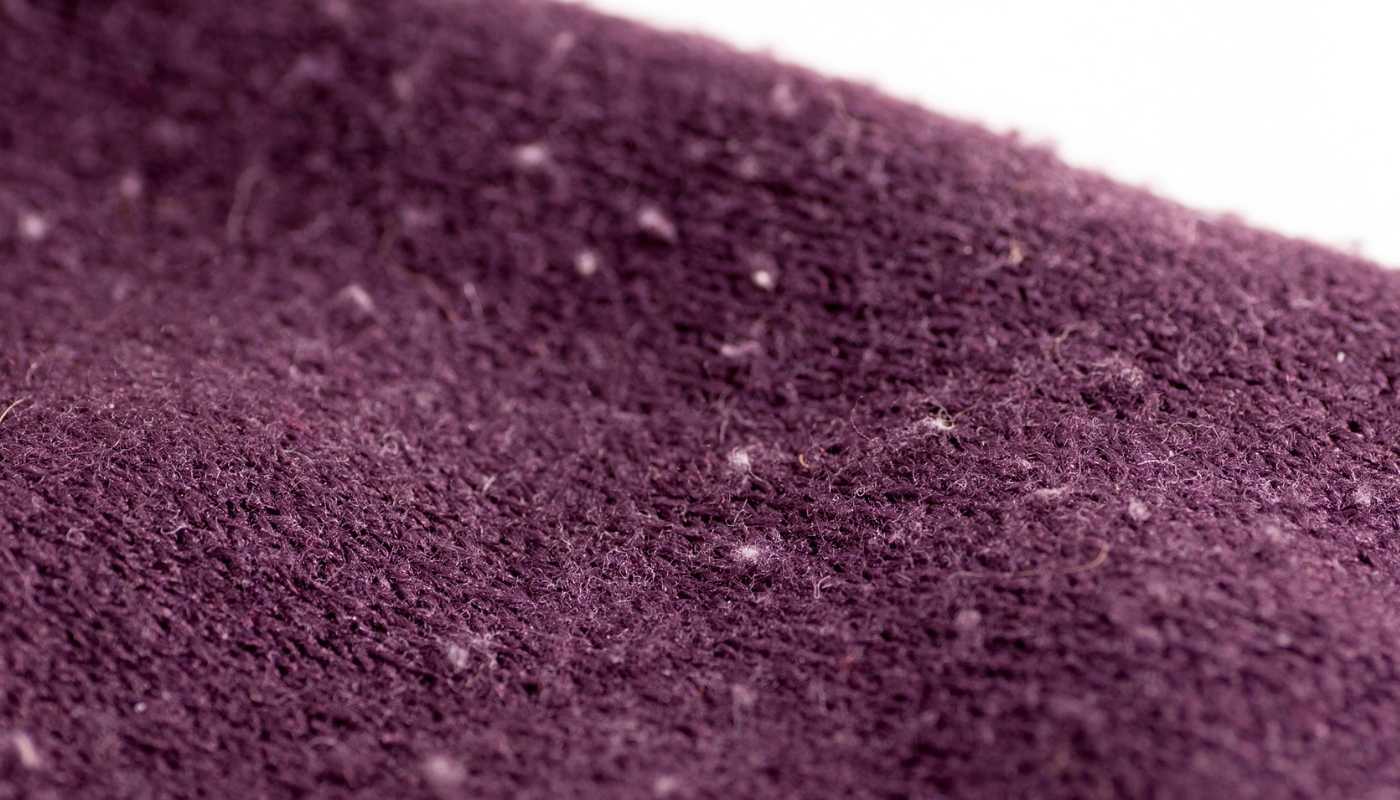
Organic Cotton vs. Polyester: Is There Really a Difference and Why It Matters?
The fabrics you choose to wear matter more than you might think. While polyester dominates the clothing industry as a cost-effective and versatile material, organic cotton offers a healthier, more ...

Feel Good in What You Wear (and About What You Wear): The Organic Cotton Difference
We all know the feeling of slipping into a soft, comfy t-shirt. But what if that comfort extended beyond the feel of the fabric? What if it reached into your conscience, knowing your clothing choic...
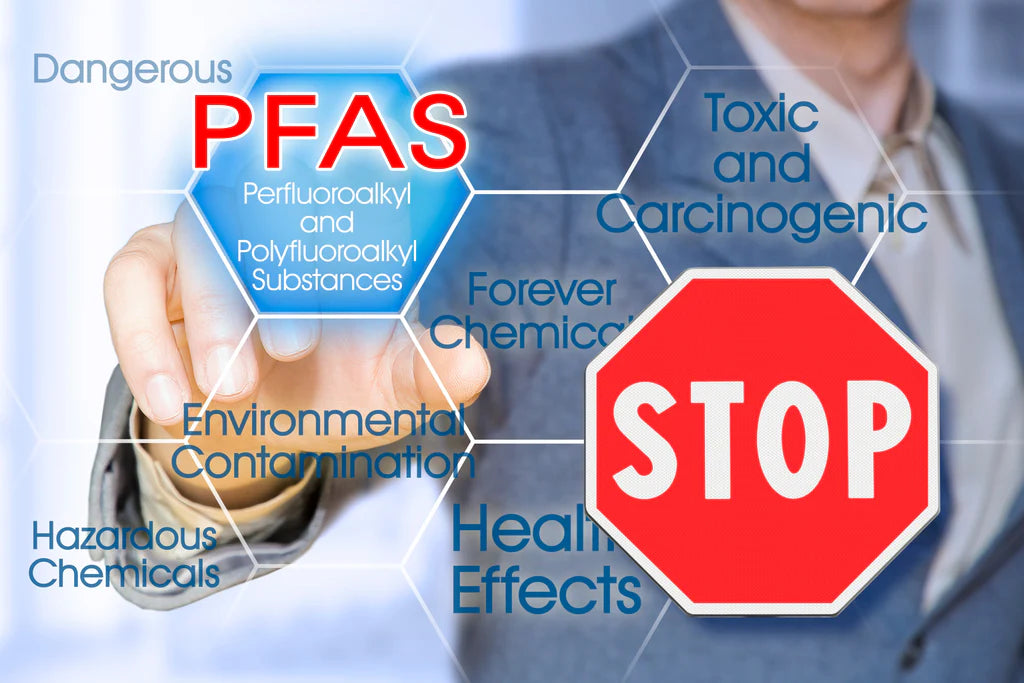
Polyester is one of the most commonly used fabrics in the world, found in everything from clothing and bedding to upholstery and outdoor gear. Its durability, affordability, and wrinkle resistance...
